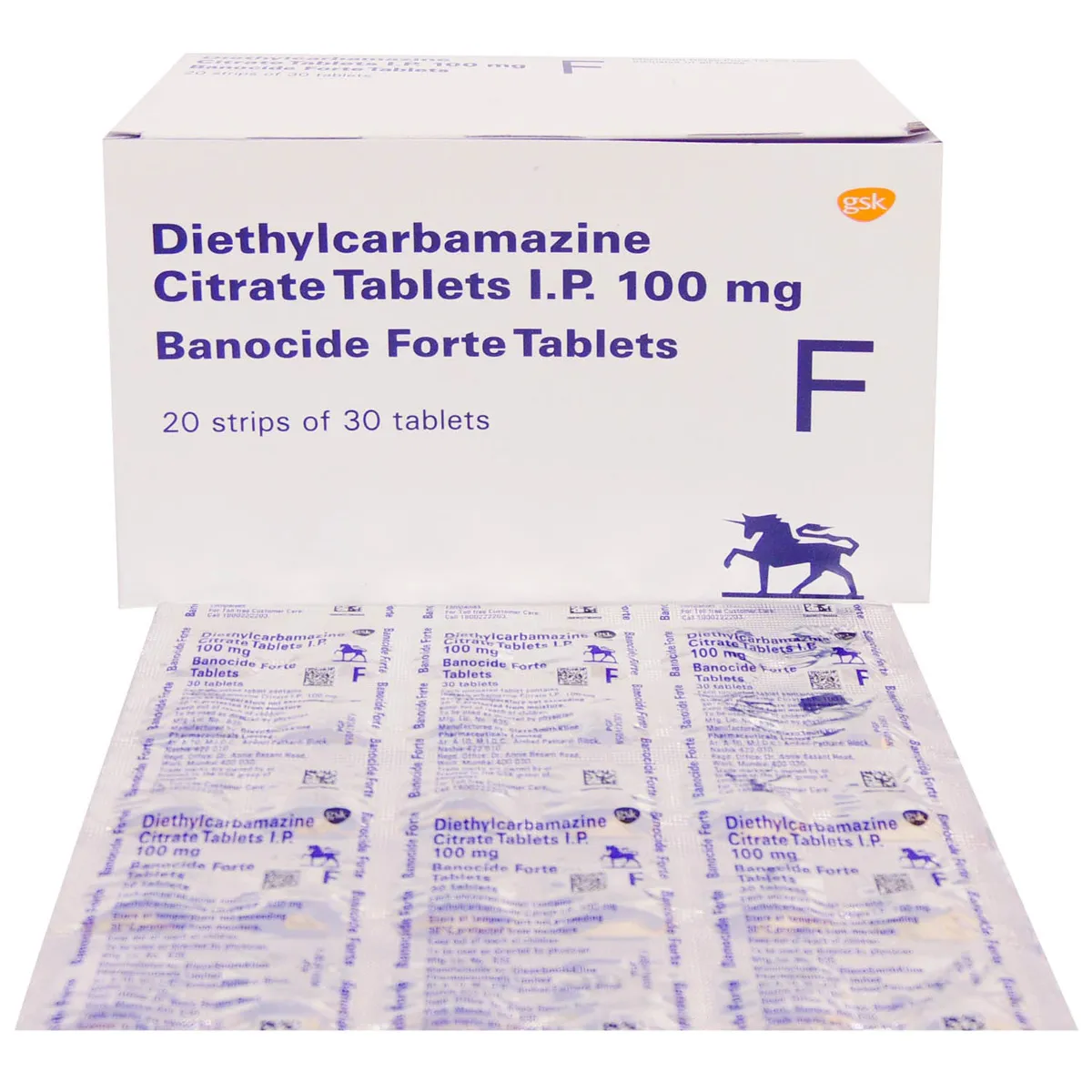Erectile dysfunction (ED), commonly referred to as impotence, is a condition characterized by the consistent inability to achieve or maintain an erection sufficient for satisfactory sexual performance. While ED can occur at any age, it becomes more prevalent as men get older. However, its manifestation and prevalence at different ages can vary due to numerous factors, including lifestyle, health conditions, psychological factors, and overall well-being.
Age and Erectile Dysfunction:
- Younger Age Groups (18-40):
- ED in younger men is less common but not unheard of. It might be attributed to psychological factors such as stress, anxiety, performance pressure, or relationship issues.
- Lifestyle choices like excessive alcohol consumption, drug abuse, smoking, or obesity can contribute to ED in younger men.
- Underlying health conditions like diabetes, hypertension, or hormonal imbalances can also impact erectile function in this age group.
- Middle Age (40-65):
- ED becomes more prevalent in this age bracket due to aging processes and a higher likelihood of developing chronic health conditions.
- Medical issues such as cardiovascular disease, diabetes, high blood pressure, and obesity become more common, contributing to erectile problems.
- Lifestyle factors accumulated over time, like smoking, poor diet, lack of exercise, and stress, play a significant role in ED at this stage.
- Older Age (65+):
- As men age, the prevalence of ED generally increases. Studies suggest that over 50% of men in their 60s and 70s experience some degree of erectile difficulties.
- Aging brings physiological changes, including reduced blood flow to the penis, decreased hormone levels (testosterone), and potential neurological issues, which can affect erections.
- Chronic health conditions and medications for managing them become more prevalent, further impacting erectile function in older men.
Contributing Factors to Erectile Dysfunction:
- Physical Health Conditions: Conditions like diabetes, heart disease, high blood pressure, obesity, and neurological disorders can contribute to ED by affecting blood flow or nerve function.
- Lifestyle Choices: Smoking, excessive alcohol consumption, drug use, poor diet, and lack of exercise can contribute significantly to the development of ED at any age.
- Psychological Factors: Stress, anxiety, depression, performance anxiety, relationship problems, or mental health issues can have a profound impact on sexual function.
- Medications: Some medications used to treat various health conditions, such as antidepressants, blood pressure medications, or prostate treatment drugs, can cause or exacerbate ED.Cenforce 50 mg Effective solution for ED, with sildenafil, ensuring improved intimacy.
- Hormonal Imbalance: Testosterone levels naturally decline with age, but hormonal imbalances can also contribute to erectile difficulties.
Treatment and Management:
- Lifestyle modifications like regular exercise with FavDoll, a balanced diet, limiting alcohol, quitting smoking, and stress management techniques can improve erectile function.
- Seeking professional help from a healthcare provider or a therapist for underlying physical or psychological issues is essential.
In conclusion, while ED can occur at any age, it becomes more prevalent as men get older due to a combination of factors. Understanding the potential causes and seeking appropriate medical advice and lifestyle changes are crucial steps in managing and treating erectile dysfunction effectively. Cenforce 50 mg from Cheaptrustedpharmacy Affordable solution for ED, ensuring potency and satisfaction discreetly delivered.









